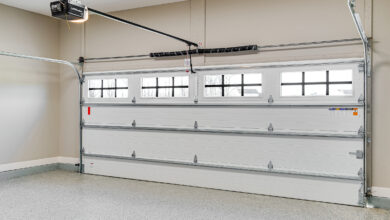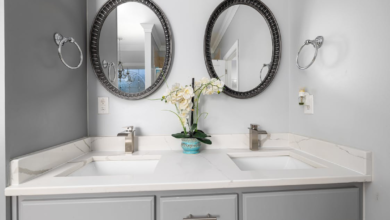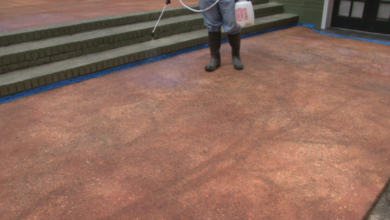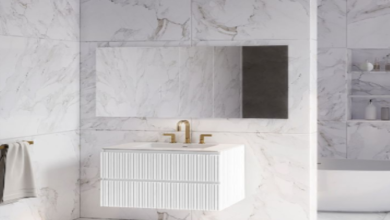How Often Should You Change Your Home Locks and Why?
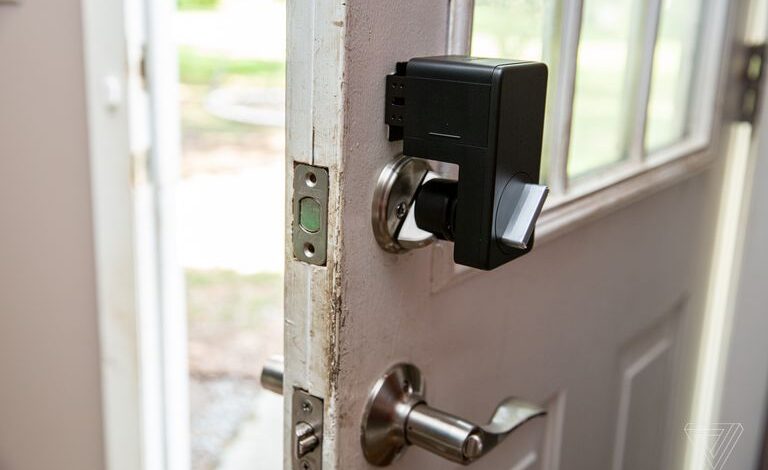
Ever been locked out of your home or worried about the security of your loved ones while you’re away? Such concerns are valid and prevalent. With the increasing number of break-ins and burglaries, it’s never been more critical to ensure the safety of our homes. One primary defense mechanism for our homes is the locks on our doors. However, many homeowners in DALLAS, OR often overlook the importance of maintaining and updating these locks regularly. But, when is the right time to replace or update your home locks? Is it a matter of preference, or are there specific timelines you should adhere to?
Welcome to the world of Locksmith Empire, your local locksmiths in DALLAS, OR. With years of experience under our belt, we are well-equipped to guide you through the intricate maze of home security, starting with the locks on your doors. Before we dive deep into understanding the life cycle of locks and the importance of regular updates, let’s first acknowledge the peace of mind that comes with knowing your home is secure. A robust and reliable lock system not only deters potential threats but also ensures the safety of your loved ones and valuable possessions. And that’s where we, at Locksmith Empire, come into the picture – offering tailored lock installation services, high-security lock recommendations, and professional locksmith consultation to safeguard your fortress.
Understanding Lock Lifecycles: When is the Right Time for Replacement?
Locks, like most things, have a lifecycle. Over time, due to wear and tear, they can deteriorate, becoming less reliable and, in some cases, faulty. So, how long is a lock’s lifespan? And when should you consider replacing them?
Typically, the average lock, if properly maintained, can last anywhere from seven to ten years. However, that number can vary significantly based on several factors such as the type of lock, its usage, and external environmental conditions. For instance, an exterior door lock exposed to harsh weather conditions or one that is used frequently might wear out faster than an interior lock.
While the age of the lock is a factor to consider, it’s essential to watch out for specific signs indicating it’s time for a replacement. These signs include:
- Difficulty in Locking or Unlocking: If you find it challenging to lock or unlock your door or if the key doesn’t turn smoothly, it might be an indication of a worn-out lock.
- Rust or Visible Wear and Tear: Rust not only affects the aesthetic appeal of the lock but also its functionality. A rusty lock can become brittle and may break, leading to security risks.
- Outdated Lock Technology: With advancements in technology, locks have come a long way from traditional models. If your lock doesn’t have modern features like electronic keys or is easy to pick, it’s time for a lock upgrade.
- After a Break-in Attempt: Even if the attempt was unsuccessful, it’s a clear sign that your lock is not as secure as it should be. Upgrading to high-security locks is advisable in such situations.
- Lost Keys: If you’ve lost your keys or someone has stolen them, it’s wise to replace your locks immediately. You never know who might have access to your home.
One might wonder, is it essential to change locks even if they seem to be functioning just fine? The answer is yes. Regularly updating your locks, even when they appear to be in good condition, is a proactive approach to home protection. It’s always better to be safe than sorry. A regular locksmith consultation can help assess the health of your locks and determine the right time for replacement.
In conclusion, while locks are sturdy devices built to last, they aren’t invincible. Being aware of their lifecycles and recognizing the signs of wear and tear can go a long way in ensuring the safety and security of your home. After all, a lock doesn’t just protect your belongings; it protects your peace of mind.
Unveiling the Hidden Benefits of Regular Lock Updates
In today’s fast-paced world, security is more than just a buzzword; it’s a necessity. With the increasing crime rates and the ever-evolving tactics of burglars, having a strong lock is the first line of defense against potential intruders. However, the benefits of regular lock updates go beyond just keeping the bad guys out.
Let’s delve deeper into the often overlooked advantages of timely lock upgrades.
- Enhanced Technology and Functionality: Modern locks have transformed drastically from the traditional ones. They are now integrated with advanced technology such as biometric systems, smart keys, and wireless access. Regularly updating your locks ensures that you’re not left behind in leveraging these innovative features.
- Aesthetic Appeal: Believe it or not, a shiny, modern lock can significantly enhance the curb appeal of your property. With a range of designs and finishes available, updated locks can complement your home’s aesthetics while ensuring security.
- Reduced Risk of Malfunction: Like any mechanical device, locks are prone to malfunctions. A key might get stuck, or the lock mechanism may jam. Regular updates can prevent these hiccups, ensuring smooth functionality.
- Insurance Benefits: Many insurance companies provide discounts or better rates for homes with high-security locks or modern locking systems. By upgrading your locks, you can not only boost your home’s security but also save some bucks on insurance premiums.
- Peace of Mind: There’s an intangible benefit to knowing that you’ve done everything in your capacity to secure your home. The assurance that comes with having a state-of-the-art lock system is priceless.
- Adaptability to Lifestyle Changes: As your family grows or as you welcome new members into your household, your security needs might change. Kids might need their keys, or you might require a more robust security system. Regular lock upgrades allow you to adapt to these changing needs seamlessly.
- Economic Value in the Long Run: While the initial cost of a lock upgrade might seem daunting, it’s an investment in the long run. Think about the potential losses from a break-in or the costs associated with repairing a malfunctioning lock. Regular updates can circumvent these expenses, proving to be economically wise.
The world of locks and security is not static. It’s ever-evolving, with newer models and technologies emerging constantly. Being proactive in understanding these changes and adapting to them is not just smart; it’s essential. After all, the safety of your loved ones and your hard-earned possessions is of paramount importance. Regular lock updates are a small but significant step in bolstering this security, offering a plethora of hidden benefits that make the effort truly worthwhile.
How to Choose the Best High-Security Locks for Your Home?
A lock is not just a piece of metal; it’s the guardian of your sanctuary. While the importance of high-security locks can never be overstated, choosing the right one can be a daunting task. With an array of options flooding the market, how do you discern which lock is the best fit for your home? Let’s navigate this crucial decision-making process together.
- Understand Your Security Needs: Before diving into the world of locks, assess your home’s security requirements. Do you live in a neighborhood prone to burglaries? Is your front door hidden from the street view, making it an easy target? Understanding the specific vulnerabilities of your home can guide your choice.
- Research the Different Types of Locks:
- Deadbolts: These are the most common types of external locks. They offer excellent security against break-ins as they don’t spring into place, making them harder to pick or bypass.
- Knob Locks: Often used for interior doors, they should not be used for external doors as they can be easily broken off.
- Smart Locks: Modern homes are embracing smart locks that can be controlled with smartphones, voice commands, or biometrics. They offer enhanced security features and convenience.
- Look for ANSI/BHMA Certification: The American National Standards Institute and the Builders Hardware Manufacturers Association grade locks based on their durability and security. Opt for locks with a Grade 1 certification as they offer the highest level of residential security.
- Check the Material and Build: The sturdiest locks are usually made of solid steel, brass, or bronze. Avoid locks that are made of die-cast materials as they can break easily.
- Evaluate the Lock Cylinder Mechanism: The more pins a lock cylinder has, the more difficult it is to pick. Consider locks with a dual-cylinder mechanism, especially if you have a glass door, as they require a key to open from both inside and outside.
- Ease of Use and Installation: While security is paramount, it should not come at the cost of convenience. Choose a lock that is easy to use, especially for children and the elderly. Some high-security locks also offer easy DIY installation, saving you the hassle of professional installation.
- Future-Proofing: With rapid advancements in technology, ensure that the lock you choose is adaptable to upgrades. This way, you won’t have to replace the entire lock system when newer security features become available.
- Budget: While it’s not advisable to compromise on security for cost, there are high-security locks available at various price points. Set a budget and find the best lock that fits within it.
In essence, a lock is a reflection of how seriously you take your home’s security. It’s a small component that plays a monumental role in safeguarding your loved ones and cherished possessions. Investing time and thought into choosing the best high-security lock is not just recommended; it’s imperative.
